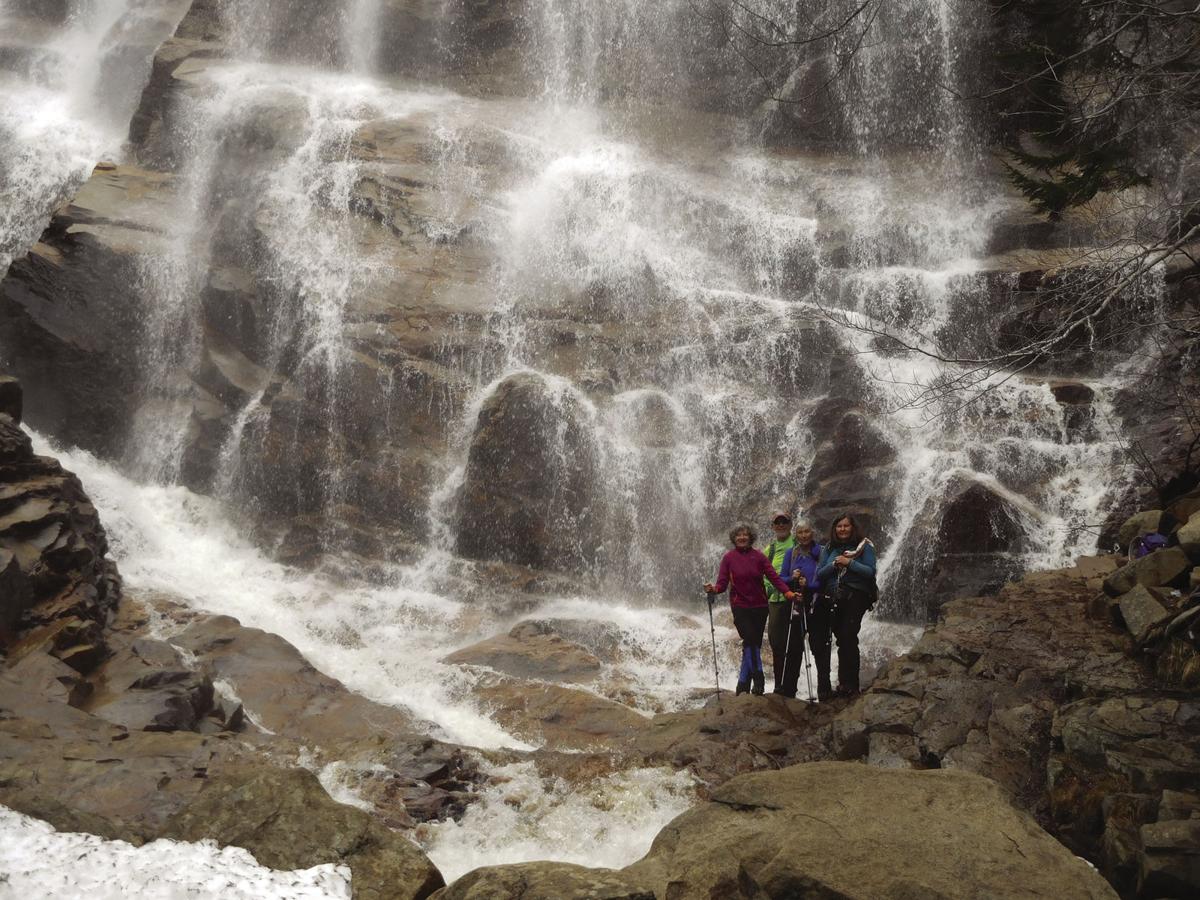- Frankenstein - The Rain Is Gone Bw All Hands 12' Vinyl (1996) Producer: Frankenstein Released: 1996 Label: Knowledge Of Self.
- Check out Rain Is Gone by Frankenstein on Amazon Music. Stream ad-free or purchase CD's and MP3s now on Amazon.com.
- Descargar MP3 Frankenstein Rain Is Gone Official Version Gratis Al fin acabas de hallar Frankenstein Rain Is Gone Official Version. Pero por si fuera poco, te encuentras a solo un clic de descargar mp3 gratis de excelente calidad como no existen en otras paginas.
- Discogs で Frankenstein - The Rain Is Gone / All Hands に関するリリース、レビュー、クレジット、楽曲などを発見し、Frankenstein のコレクションを完成させましょう。.
The pair returns to Victor's apartment to find the monster gone. This note of happiness sends Victor into a fit of joy, knowing that his creation is no longer there. Victor falls in an uncontrollable attack of exhaustion and stress.
The most notable writing technique that Mary Shelley uses in the book Frankenstein is that of the weather. Throughout the majority of the key parts of Frankenstein’s life in volume one, he recollects on the weather. This something I noticed in Shelley’s writing from chapter one. Shelley uses the weather to not only set a scene in the reader’s mind, but to show how drastic events can form memories about the littlest detail. Where the events of Frankenstein’s life are not as notable, the weather is not as detailed. This is seen where Frankenstein is not as connected to the world because he is sick from depression and mental illness. Shelley uses the weather to connect these events to one another from the view of importance in Frankenstein’s mind.

The first time I realized something important was being foreshadowed was in chapter one when Frankenstein is stuck inside on a family vacation because “the inclemency of the weather (Shelley, 22)”. At this point Frankenstein falls upon a book that makes him wish to connect to science on a deeper level. This was noted as an important part of Frankenstein’s life because it opened his mind to the idea of a different kind of philosophical science, which leads him to creating a monster which had been thought never to be made before. The summer that the creation of the monster is occurring is the next time the weather is described. “It was a most beautiful season; never did the fields bestow a more plentiful harvest, or the vines yield a more luxuriant vintage: but my eyes were insensible to the charms of nature (Shelley, 37).” Though Frankenstein was absorbed in his creating of the monster, he was still able to recall how beautiful a summer it was. This shows that something important was indeed occurring. The little detail that Shelley uses makes the reader understand how big of a moment the time is within the story. This is seen more drastically when Shelley describes a single night, instead of just a day. The day that Frankenstein’s monster comes alive adds a dark and scary tone to the picture in the reader’s mind, “It was a dreary night in November (Shelley, 38)”. Through the use of weather and description Shelley made me shiver as I read of Frankenstein running through the night away from his creation. If the weather had been sunny and warm the effect Shelley was trying to make the reader obtain would not have occurred.
The last true description of the weather Shelley writes is before the monster’s tale. It is as though she wanted us to understand how important the events leading up to the monster’s side of the story are. Though the monster does describe rain and sun, he does not use the weather to grasp the emotion of the reader as that of Frankenstein. I think that the lack of description upon the weather after this point helped to portray a well thought shift in the story. After this point Frankenstein himself is too obsessed with figuring out how to stop the monster from hurting the ones he loves to notice the little detail. This, to me, shows that the great parts of Frankenstein’s life are over, and only the sad, blurry parts remain. This is the effect that Shelley has on me just through her use of the weather.

By: Sophia Price, Litqueen1
Citation
Frankenstein The Rain Is Gone
Shelley, Mary. “Frankenstein, 1818 text”. New York: Oxford University Press, 2008. Print.
